Iran envoy: Repeated UN meetings on Syria chemical file attest to politicization
Iran’s ambassador to the United Nations (UN) has blasted the UN Security Council for holding meetings on Syria’s chemical weapons file repeatedly, despite the country’s full cooperation with the world body, saying such a trend may prove the political nature of such meetings.
Addressing a Security Council meeting, titled “The situation in the Middle East: (Syria – Chemical),” Amir Saeed Iravani said the previous such session was held on October 25, “and we now have another meeting today only after less than two weeks, during which no new development has happened.
“Therefore, it is clear that there is no new point for today’s discussion other than the repetition of claims against the Syrian Arab Republic,” the envoy said.
He renewed the call for any investigation into the use of chemical weapons must be impartial, professional, credible, and objective, and in full compliance with the Chemical Weapons Convention.
“While the Syrian Arab Republic has met the requirements of the Convention and continues to cooperate constructively with the OPCW (the Organisation for the Prohibition of Chemical Weapons), handling this file in a political and double-standard manner will only divert discussions away from their technical nature,” he said.
The Iranian diplomat stressed that the politicization of the provisions of the Chemical Weapons Convention and the exploitation of the OPCW for political purposes threaten the credibility of the organization and the convention.
Underlining that Syria voluntarily acceded to the Chemical Weapons Convention in 2013, Iravani said,“We believe that the collaboration of the Syrian Arab Republic with the OPCW should be recognized.”
Bassam Sabbagh, Syria’s permanent representative to the UN, said in March that the United States was seeking to discredit his country and exert political pressure on the Damascus government by manipulating reports compiled by the OPCW.
Reiterating his country’s vehement opposition to the use of chemical weapons under any circumstance, Sabbagh told a UN Security Council meeting in New York that serious flaws in the OPCW fact-finding mission’s reports on Syria had tarnished the image of the international body.
On April 14, 2018, the US, Britain, and France carried out a string of airstrikes against Syria over a suspected chemical weapons attack on the city of Douma, located about 10 kilometers northeast of the capital Damascus. Washington and its allies blamed Damascus for the Douma attack, a charge the Syrian government rejected.
According to concealed OPCW documents that were revealed later, the investigators of the Douma incident had found “no evidence” of a chemical weapons attack. However, the organization censored the findings under pressure from the US and its allies to conceal evidence undermining the pretext of the ensuing US-led bombing of Syria.
Syria surrendered its stockpile of chemical weapons in 2014 to a joint mission led by the United States and the OPCW, which oversaw the destruction of the weaponry.
The Arab country has consistently denied the use of chemical weapons despite Western rhetoric.
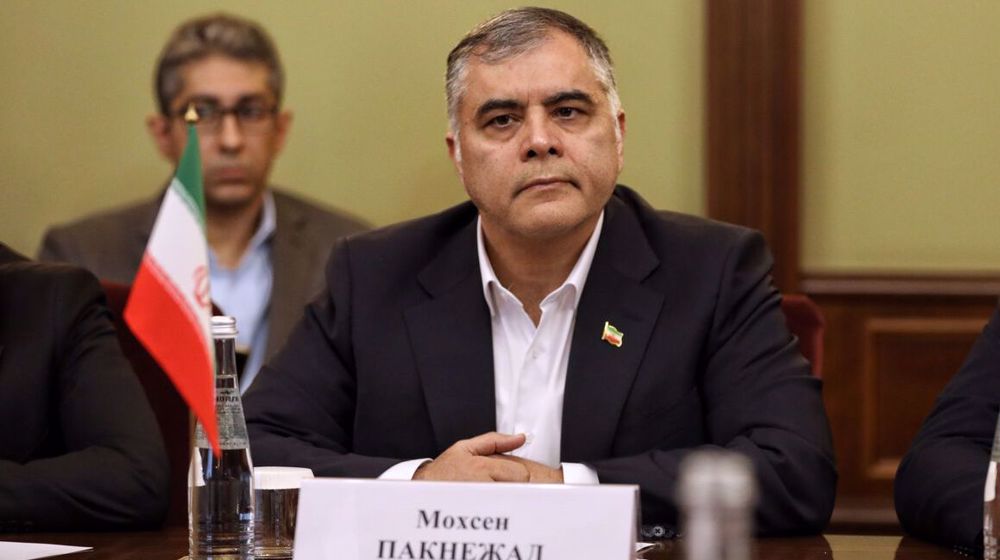
Oil Minister Paknejad: Russia to build nuclear plant in Iran with own funds
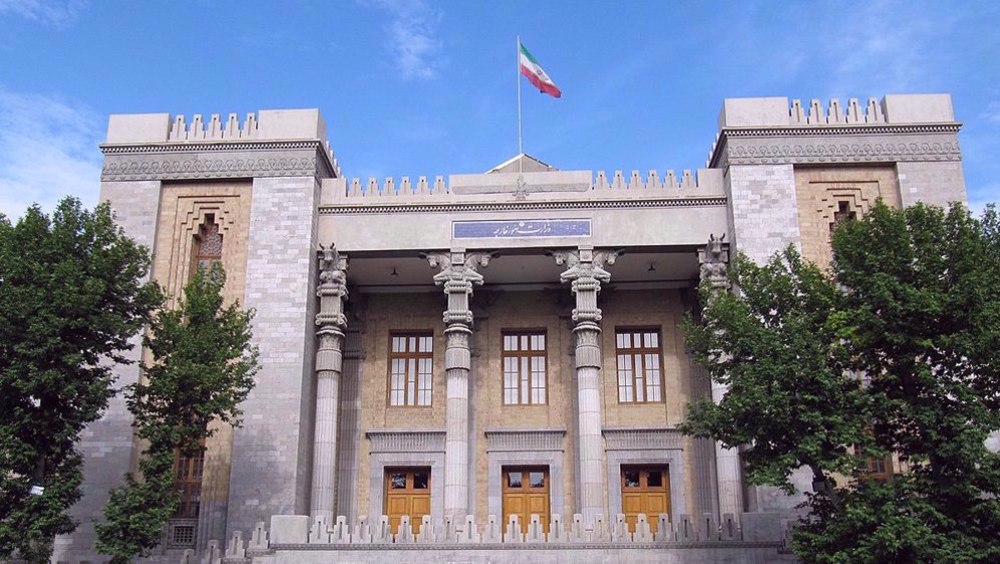
Iran summons Dutch envoy over 'baseless' accusations against Tehran
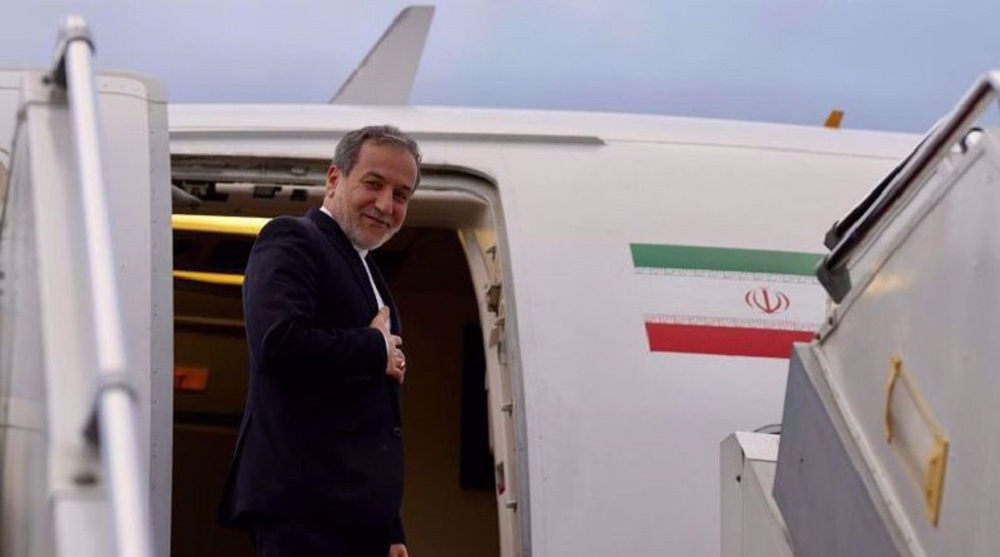
Iranian FM Araghchi heads to Muscat for indirect talks with US
Iran-US talks: Trump, sanctions and the mirage of a durable nuclear deal
US universities defy Trump deportations of foreign students
WFP: Food stocks depleted in Gaza due to all-out Israeli blockade
Yemenis hold nationwide rallies to condemn US aggression, support Palestine
VIDEO | Press TV's news headlines
VIDEO | Gaza’s top surgeon killed under torture in Israeli jails
VIDEO | Araghchi arrives in Oman for US talks; termination of inhumane sanctions ‘priority’
VIDEO | Iran transforms Qeshm Island into Persian Gulf bunkering hub


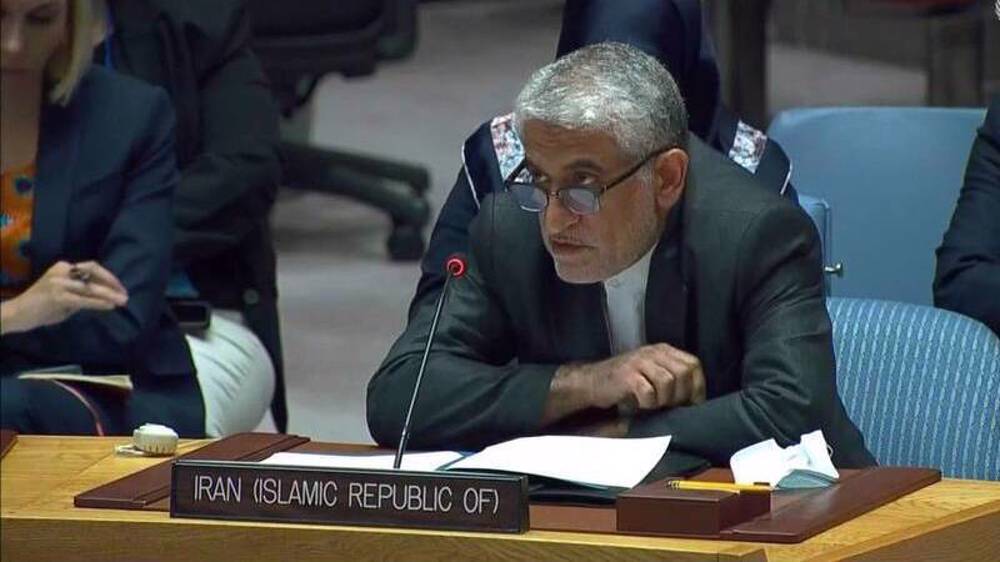
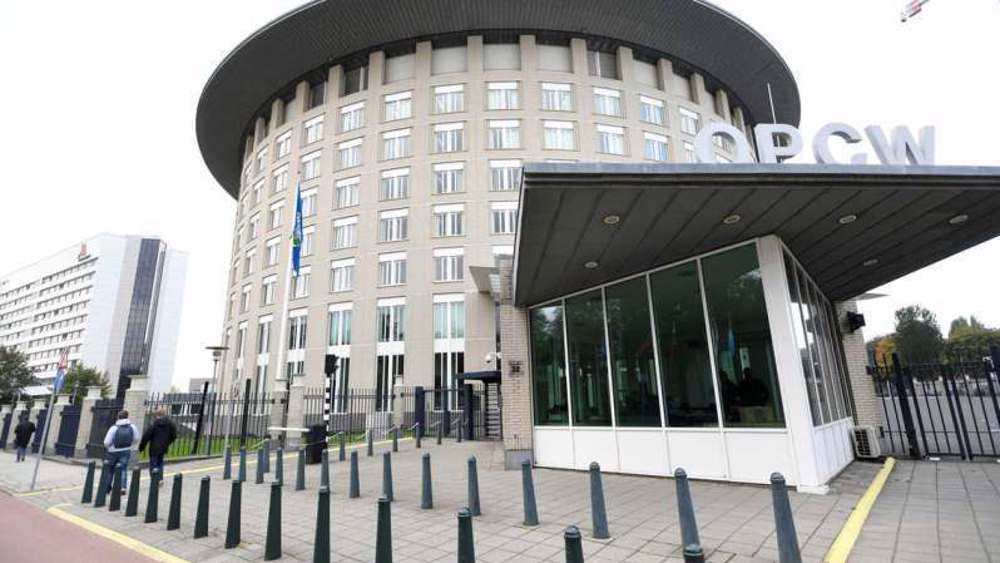




 This makes it easy to access the Press TV website
This makes it easy to access the Press TV website